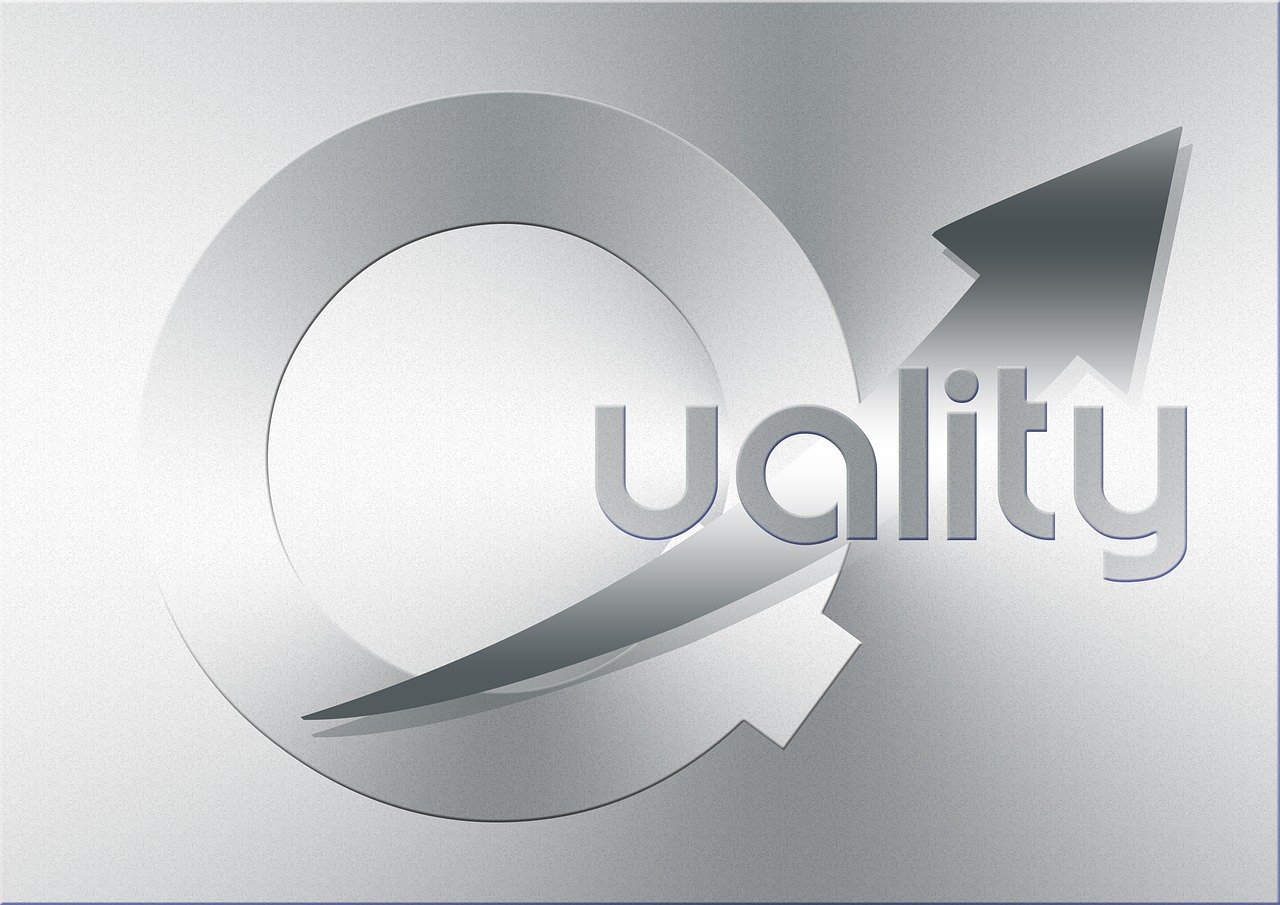Quality
Quality is of paramount importance for medical device and pharmaceutical manufacturers due to the critical nature of their products and the potential impact on patient safety, public health, and regulatory compliance.
To accomplish quality goals and requirements, FDA and international regulatory authorities require manufacturers to have a Quality Management System (QMS). Following are several key reasons why quality is crucial for these regulated industries.
Patient safety
The primary concern for medical device and pharmaceutical manufacturers is the safety and well-being of patients who rely on their products for diagnosis, treatment, and management of medical conditions. Ensuring the highest level of product quality helps minimize the risk of adverse events, complications, and harm to patients.
Product efficacy
In addition to safety, product efficacy is essential for medical devices and pharmaceuticals to deliver the intended therapeutic benefits. High-quality products undergo rigorous testing and validation to demonstrate their effectiveness in treating or diagnosing medical conditions, providing confidence to healthcare providers and patients.
Regulatory compliance
Regulatory agencies such as the U.S. Food and Drug Administration (FDA) and the European Medicines Agency (EMA) enforce strict quality standards for medical devices and pharmaceuticals to protect public health and ensure product safety and effectiveness. Compliance with regulatory requirements is mandatory for market approval and continued commercialization of products.
Legal and financial consequences
Non-compliance with quality standards and regulatory requirements can lead to legal liabilities, product recalls, fines, and reputational damage for manufacturers. Investing in quality management systems and adhering to good manufacturing practices (GMP) mitigate the risk of regulatory violations and associated consequences.
Market acceptance and competitiveness
High-quality products earn the trust and confidence of healthcare professionals, patients, and regulatory authorities, enhancing market acceptance and competitiveness. Manufacturers that consistently deliver quality products establish strong brand reputation, market presence, and competitive advantage over rivals.
Supply chain integrity
Quality extends beyond the manufacturing facility to encompass the entire supply chain, including raw material suppliers, contract manufacturers, and distributors. Maintaining quality throughout the supply chain is essential to ensure the integrity, purity, and safety of materials and components used in medical devices and pharmaceuticals.
Continuous improvement and innovation
Embracing a culture of quality fosters continuous improvement and innovation within organizations. By systematically identifying areas for enhancement, addressing quality issues, and implementing corrective and preventive actions, manufacturers can drive innovation, optimize processes, and enhance product quality and performance over time.
Conclusion
In conclusion, quality is the cornerstone of success for medical device and pharmaceutical manufacturers, underpinning patient safety, regulatory compliance, market acceptance, and business sustainability. By prioritizing quality throughout the product lifecycle, manufacturers can uphold the highest standards of safety, efficacy, and reliability, ultimately contributing to improved healthcare outcomes and patient care.

